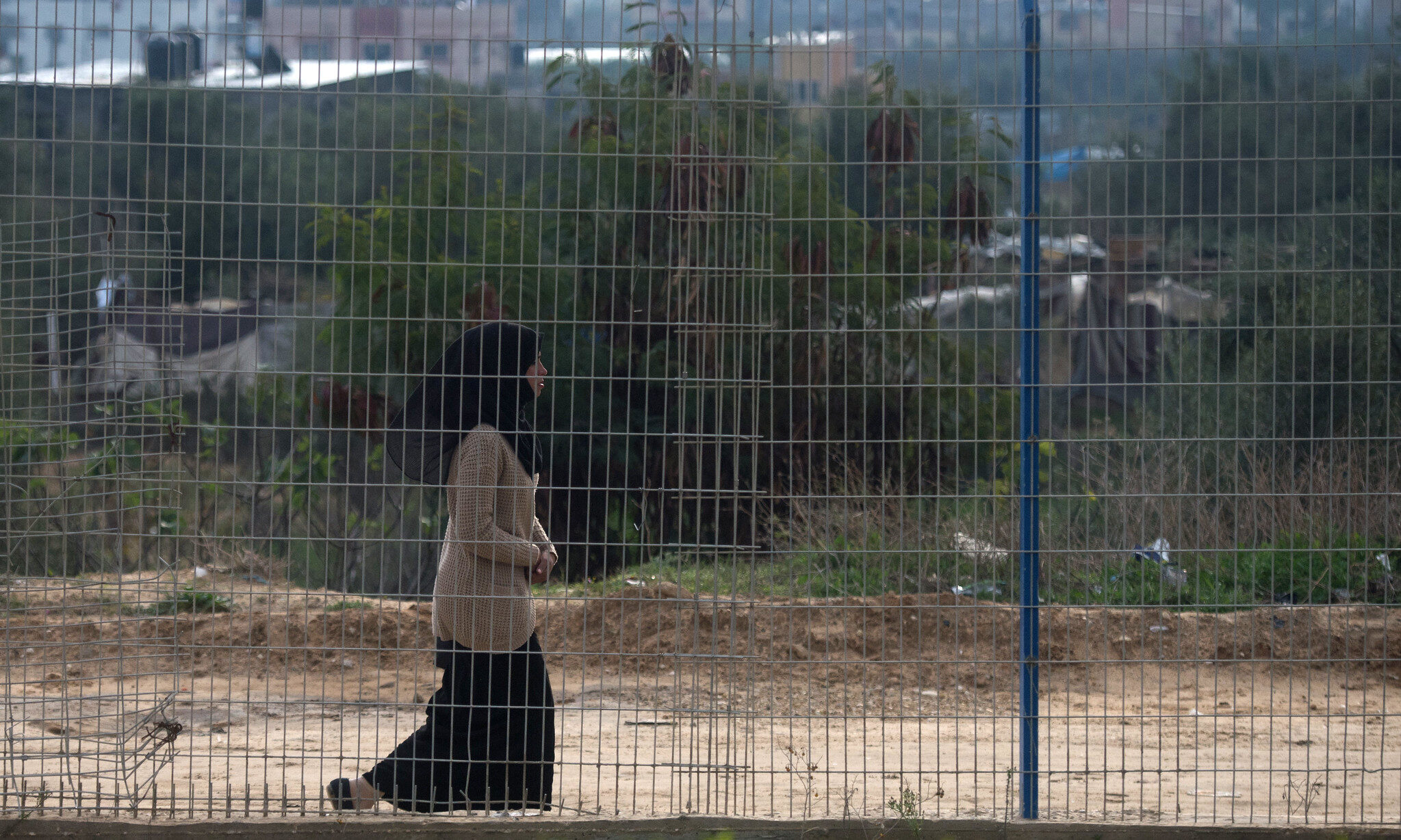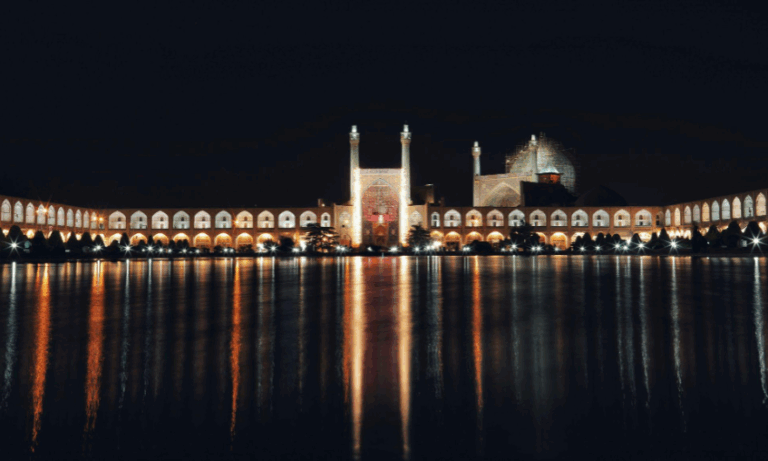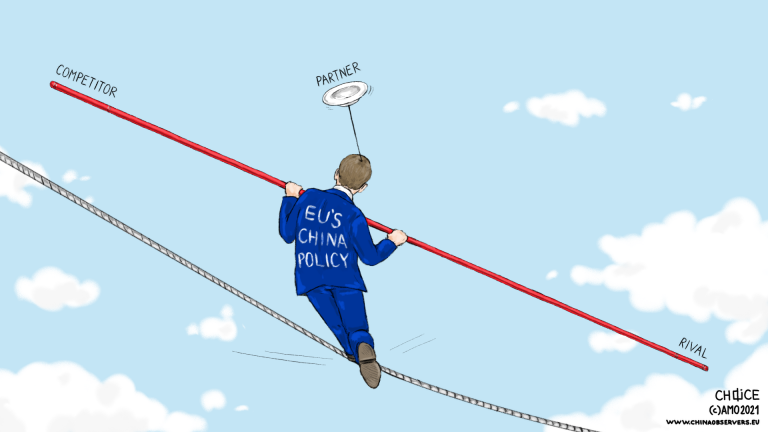China’s Position on the Gaza War: Missing the Nuances

It has been over two months since the current conflict between Israel and Hamas started. Many have hoped that China will leverage its ‘friends to all’ position in the Middle East to facilitate a resolution of the conflict, including by participating in the release of hostages still held in Gaza. However, if Beijing’s success in brokering a rapprochement between Iran and Saudi Arabia earlier this year raised expectations of China’s greater diplomatic engagement in the region, then its reaction to the October 7 attack has managed to shatter them.
This article is part of a series of articles authored by young, aspiring China scholars under the Future CHOICE initiative.
Throughout the conflict, Beijing has maintained a notably muted position which stands in direct contrast to the strong pro-Israel stance of the United States. Though at first seemingly neutral, in the days following the October 7 attack, China has repeatedly reiterated the need to reach a two-state solution, with an independent state of Palestine and East Jerusalem as its capital. To Israel’s frustration, however, Chinese officials uttered no words of a clear-cut condemnation of Hamas, significantly undermining Beijing’s credibility in the eyes of Israel.
Smoke and Mirrors
There were several occasions in the past months during which the potential for China’s active participation in the resolution of the conflict seemed realistic as Beijing engaged with Arab countries on both bilateral and multilateral levels.
On November 20, the Arab and Islamic Ministerial Committee on the War in Gaza visited Beijing as the first stop of its diplomatic tour to push for a ceasefire and allowing the supply of humanitarian aid to the Palestinians. The Committee’s decision to make China its first stop has suggested Beijing’s growing diplomatic clout in the Middle East. During the visit, the committee expressed its hope for China to play a stronger role in stopping the hostilities, while Wang Yi reiterated China’s long-standing position on the Palestinian issue, stating that China has “always firmly supported the just cause of the Palestinian people.” Similar rhetoric was included in Xi’s remarks during the extraordinary BRICS online summit on the Israel-Gaza war on November 22. China has also agreed to work with Arab and Islamic countries to stop the escalation of violence in Gaza, however, this is yet to be translated into concrete actions on the part of Beijing.
Since then, China has also held talks with Iran, including two phone calls, regarding a ceasefire in Gaza. The second phone call has been seen largely as a reaction to escalating skirmishes between Israel and Iran-backed militant group Hezbollah, and the growing efforts of Iran-backed groups in Iraq to target US military facilities. Iran and China have also had several face-to-face exchanges with the President of the Chinese People’s Association for Friendship with Foreign Countries, Yang Wanming, and the CCP International Liaison Department chief, Liu Jianchao, visiting Iran on separate occasions. Furthermore, Beijing also hosted a tripartite meeting with Saudi Arabia and Iran on December 15 during which the three parties collectively expressed the need for a “cessation of military operations in the Strip” as well as stating that any resolution of the conflict has to “reflect the will of the Palestinian people.”
However, despite China’s repeated calls for a two-state solution and its efforts to engage with regional players, Beijing lacks a concrete mediation strategy and, as such, has been unsuccessful in turning its network of regional friendships into a resource for substantial negotiations.
Aligning with Muslim and Arab Countries
Looking at the role that China traditionally played in the Middle East, its subdued reaction to the Hamas attack is more the norm than an exception. Beijing’s foreign policy playbook largely bases China’s interactions with other countries on the principle of non-interference and a profit-centric perspective. As such, instead of directly taking sides in the current war, China prioritizes long-term benefits and its economic goals. This means that it has been actively aligning its position with Arab and Muslim countries which have, over the years, become Beijing’s important economic partners. What is more, apart from protecting its economic interests, China’s objective is to secure the future support of these countries regarding what Beijing considers to be its most sensitive issues, namely Taiwan and its domestic policies, especially with regards to the treatment of the Muslim Uygur minority.
However, China has not only misunderstood some of the core nuances of this complex conflict but has also failed to gain the trust of the Israelis or the Palestinians. Its reaction to the October 7 attack has managed to alienate Israel, sending it a signal that it ranks low on Beijing’s priorities in the Middle East. In the case of the Palestinians, China’s rhetoric has not been translated into concrete actions, and its repeated calls for humanitarian aid to be supplied to Gaza have been overshadowed by the meager $4 million worth of humanitarian assistance it has offered to Palestinians living in Gaza. With China ranking as the world’s second-largest economy, this insignificant sum makes it hard to believe that China is sincere in its plans to play a bigger part in resolving the conflict.
Furthermore, while China believes it is positioning itself favorably in the eyes of the Arab governments, its refusal to condemn Hamas for the October 7 attack shows that Beijing lacks understanding of the regional situation and diplomatic experience vis-á-vis this complex issue. While it is true that its pro-Palestinian position aligns with the majority of countries in the Middle East, its refusal to condemn Hamas has been seen as elevating the organization to the position of the representative of the Palestinian people, which is at odds with and contradictory to several of the Arab states’ governments’ position.
Several Gulf countries, including the United Arab Emirates and Bahrain, have overtly condemned Hamas’ actions against Israel. Similarly, Egypt’s Foreign Minister has stressed that the Palestinian Liberation Organization and not Hamas is the legitimate representative of the Palestinians. As a result, despite its rhetorical posturing, China lacks a realistic vision for a political settlement.
Failed Opportunity
Under President Xi Jinping, China has been promoting its alternative vision for the world order and has introduced several initiatives (such as the Global Security Initiative) which were seen as alternatives to the current international system. The current Hamas-Israel war has presented Beijing with the opportunity to showcase its diplomatic reach, actively engage in conflict resolution, and challenge the US in the Middle East. However, China has not managed to deliver any substantial results and has failed to meaningfully engage with the most important stakeholders in the conflict.
Although it has held bilateral and multilateral talks with Arab and Muslim countries in the region, its influence over the most controversial player, Iran, is also being questioned. It is not clear whether and to what extent China is able to actively engage with Iran-backed Hezbollah. Its influence over another Iran-backed group, the Houthis, is also very limited as Beijing has been actively supporting Saudi Arabia’s 2015 military intervention against the group in Yemen. The same is the case with Iraqi Shia militias and their attacks against the US.
This has been perhaps best demonstrated in the most recent Suez crisis, caused by a surge of attacks by Houthi militants against global shipping flows in response to Israel’s military operations in Gaza. The US has assumed a leading role and launched a Red Sea security operation named “Operation Prosperity Guardian” in which, among others, France, Canada, Norway, and Bahrain are also said to participate. However, China has refused to join the coalition even despite the US calls for greater Chinese involvement in the crisis. Unsurprisingly, Beijing’s repeated passivity yet again underscores its reluctance to become a leading power in the Middle East and actively engage in conflict resolution.
As a result, while many have been hopeful that China can bring meaningful contributions to the table, Beijing has been struggling to convert its expanding presence in the Middle East into tangible diplomatic leverage and concrete actions.
Written by
Dominika Urhová
DUrhovaDominika Urhová is a China Analyst at AMO, specializing in China's foreign policy, Cross-Strait relations and China's influence in the Middle East and the Western Balkans. In the past, she contributed to the Middle East Policy Journal and to the research outputs of the Observer Research Foundation. Dominika holds a Master's degree in Security Studies and Diplomacy from Tel Aviv University and a Bachelor's degree in Development Studies with a concentration in Economic Development from Lund University in Sweden.


